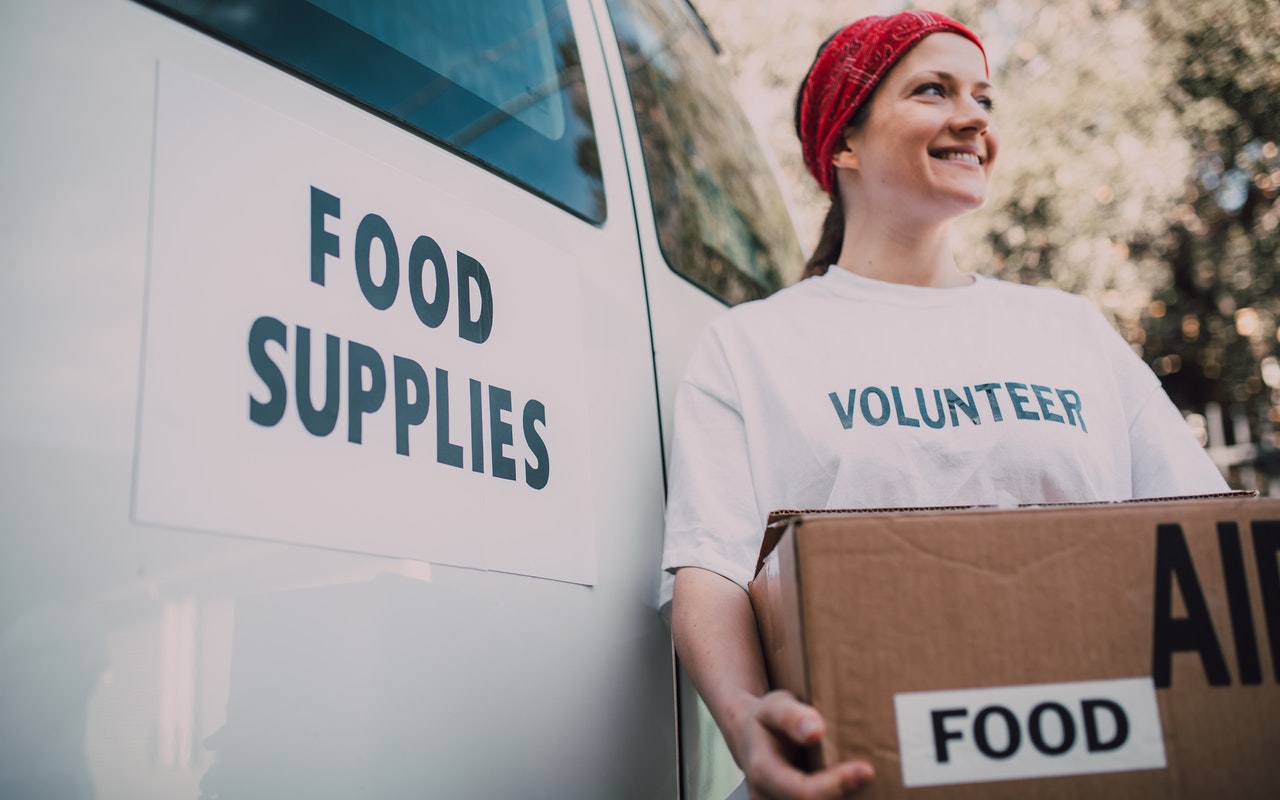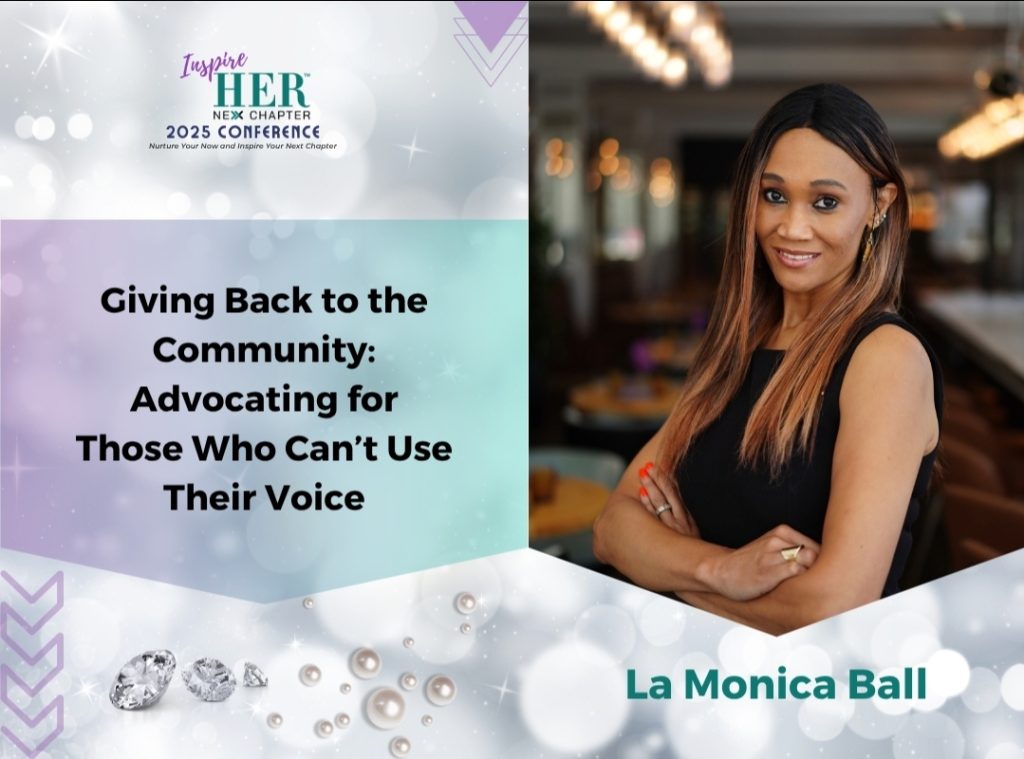When you hear of restaurants like Panera’s Day-End Dough-Nation, where they donate unsold bakery products and bread; grocery stores giving food banks recently expired packaged food; or Food Rescue US where volunteers transfer surplus food from businesses to people in need, it may give us feel-good vibes in the moment, but you and I will most likely do nothing in the long term to change our impact on food waste.
Why Is There So Much Food Waste?
Food waste and food insecurity are not unique issues in the United States. Despite the abundance of food, each country is able to grow and make, transportation, taxes, and adequate storage and preservation are stumbling blocks for food getting to the people before it spoils. Whether it’s in grocery stores or the home, when we throw away spoiled, uneaten food it impacts both the environment and our wallets. The FDA shares that “Organic waste…is the second biggest component of landfills, and landfills are the third-largest source of methane emissions.” Why is this important? “Methane is a major factor in global warming because it is so effective at absorbing the sun’s heat, which warms the atmosphere.” Each year, $165 billion in food sits in the landfill from the average person discarding 20 pounds of food per month. These facts are not widely known and may now give you pause on throwing away the rest of your dinner. This is why organizations like Compass Group US started Stop Food Waste Day in 2017 to “raise the public profile” of the global issue with the goal to “halve food waste by 2030.” This publicity is forcing the food industry to have more “uniform practices for date labeling,” which will help confusion over “best by” dates. Before these practices and awareness are widespread, stopping food waste is a conscious decision that begins in your own refrigerator.
How Can I Prevent Food Waste?
Here are some actionable steps from the FDA you can easily take to prevent food waste.
- Have awareness around how much food you are buying and what you end up throwing away, especially if it’s on sale. BOGOs can get you every time.
- Plan your meals and use a shopping list.
- Ask for a smaller portion when eating at a restaurant or take home the leftovers and plan when you will eat it next.
- Don’t overpack your fridge so cold air can properly circulate to elongate the shelf life and to see your food options more easily.
- Use covered containers and/or storage bags to keep refrigerated foods fresh and not absorb smells from other foods.
- Take advantage of your freezer if you are not planning to eat the other portions of your homemade meal. Some foods don’t freeze well, so do a quick web search to find out if yours does.
- Don’t leave food out for more than 2 hours at a time to prevent it from being spoiled.
- Use an app like FoodKeeper for storage and expiration tips along with resources from the FDA to help lessen your impact on food waste.
Actively using a few of these tips daily and having more awareness around the food you are buying, will not only improve your footprint on the environment and sustainability of our land and oceans it will also provide more food to the hungry and poor. It might be cheesy to say, but true: when one person makes gains in stopping food waste, it will make a difference in the long term personally and for the nation at large.
Her Nexx Chapter invites you to join our free Community where women from around the world are connecting with each other’s stories, exploring different experiences, and transforming ideas.
The Future of Connection for Women








0 Comments